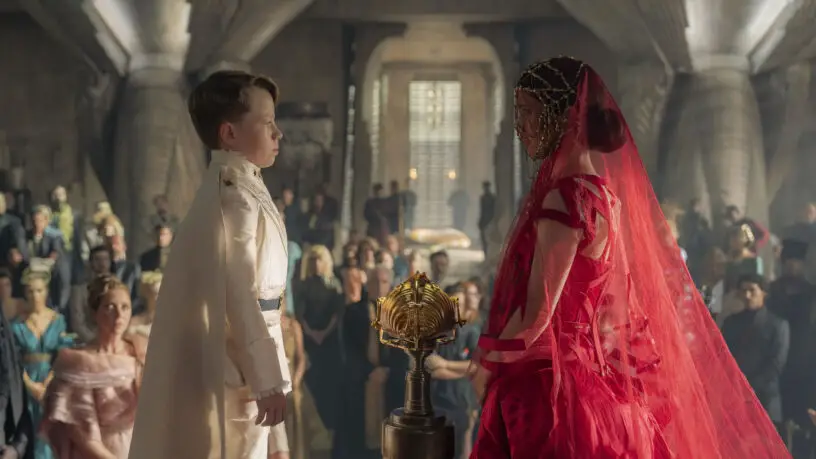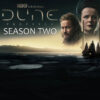Dune: Prophecy’s first episode gives the political dimension of the Dune universe space to breathe. It takes time to explain the context of the Butlerian Jihad, the Sisterhood, and the Great Houses. There’s intrigue galore and enough references to Arrakis, sandworms, and spice to remind us that this is indeed part of Frank Herbert’s universe.
Note: This article contains light spoilers for events in Dune Prophecy episode 1.
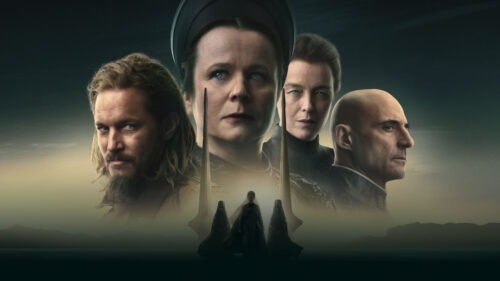
Although at one point it seems to poke fun at the “barren landscapes and minimalism” of Dune film director Denis Villeneuve’s aesthetic, the show largely continues in a similar vein with the settings and décor. It weaves several symbolic elements throughout to reinforce the key theme of prophecy, including eyes, visions, sandworms, and the color red and image of fire. This opening episode hints that the series will touch on concerns relevant to today, including the nature of truth and information, and artificial intelligence as a threat.
The Women
Women are everywhere! Still a fairly rare thing in this genre, women are training each other, passing on information to one other, expressing their desires or frustration when they’re not listened to, and planning for their futures. Yes, we are told what their order does, but we also begin to see it. Two Truthsayers essentially control the outcome of the negotiations between the Emperor and House Richese right under their noses, demonstrating the loyalty and network of influence that the Bene Gesserit have built. Mother Superior Valya Harkonnen (yes, the Harkonnen finally have a woman associated with them!) denies her own House access to a Truthsayer while granting it to others. Hopefully these are a mere taste of the politicking of the Sisterhood ahead in this series.
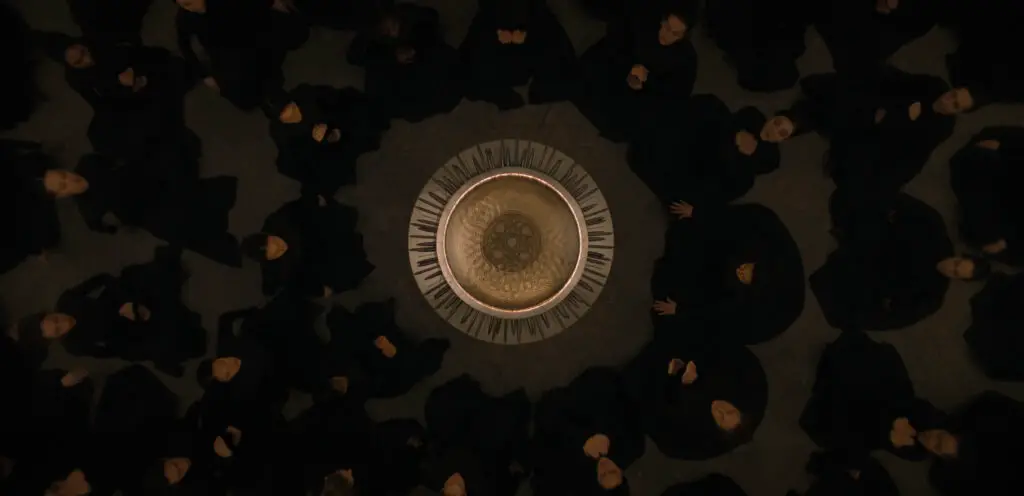
It was disappointing to see the first use of the Voice being used for such a violent, fatalistic act. This tracks with the underlying threat of violence that the Bene Gesserit are portrayed with in the films, but undermines the sense of linguistic subtlety and avoidance of outright violence from their characters in the book.
On the other hand, the depiction of Truthsaying seems reasonable, and having it signaled with finger gestures and eyes provides a useful clue to the audience as to what is happening. It was especially heartening when Reverend Mother Kasha analyzes a soldier and tells the Emperor that his story is true, or at least he believes it to be, indicating the ‘lie detector’ nature of their ability. This attention to detail in accurately portraying such an ability will hopefully be continued throughout the series as a way of providing depth to the skills of the Bene Gesserit.
The Soldier
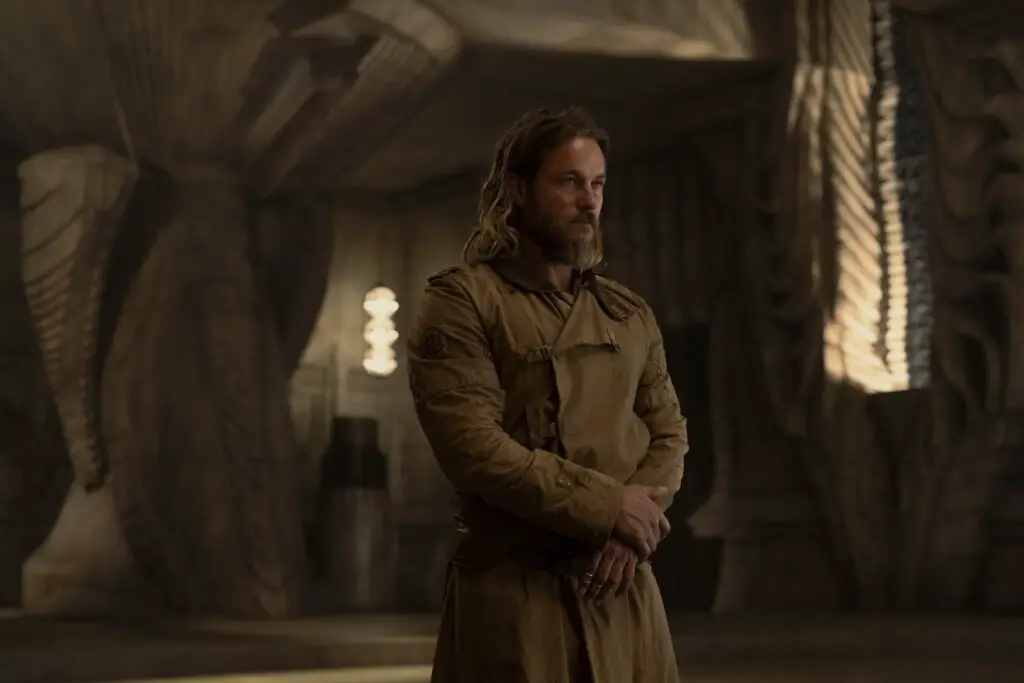
Against this backdrop of women’s stories, though, the most interesting character to emerge is a man: a Tom Hardy-type soldier named Desmond Hart who has miraculously survived twelve tours on Arrakis. There’s more to him than meets the eye, and he captures our attention with his words but also his shifty demeanor.
The Stereotypes
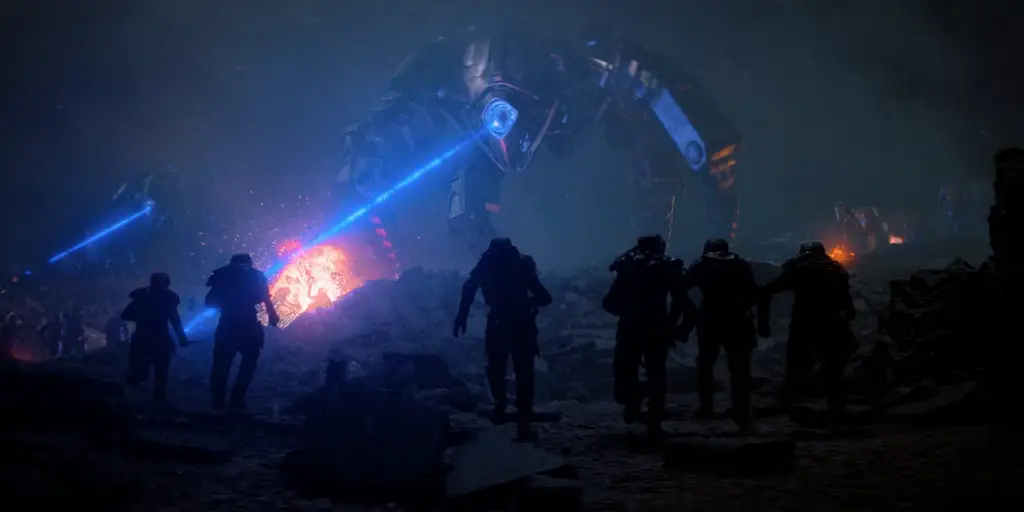
Some stereotypical elements exist which could have had more thought put into them. For example, the short scenes of the war against machines feel like stock-standard science fiction reminiscent of Terminator. They don’t fit with Reverend Mother Mohiam’s more nuanced message about the dangers of humans weakening themselves in the first chapter of the book Dune, and they don’t enhance the world-building. Other misses are the acolyte commenting about wanting to marry a rich man, and the tragic past of sexual violence being used to fill in the backstory for a young woman, even if fabricated.
The Toy
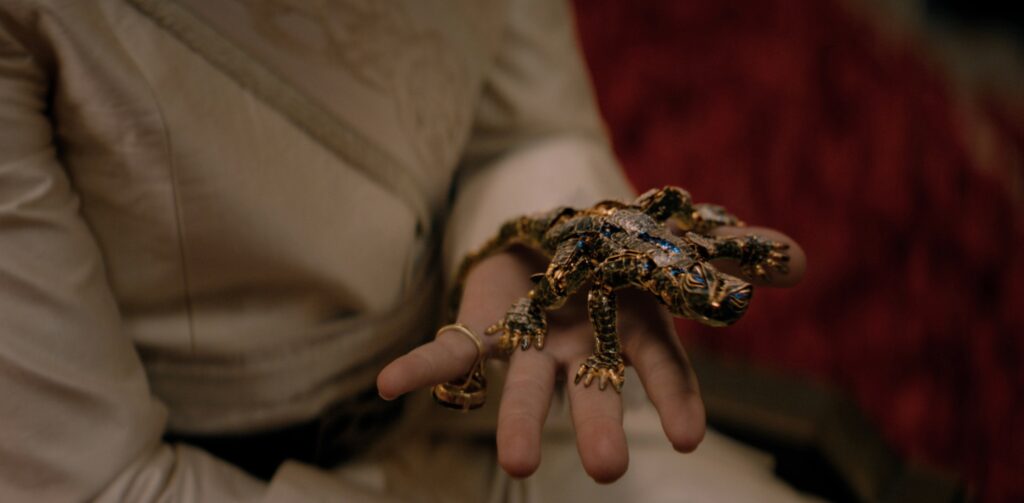
The robotic lizard with the sparkling blue eyes unfolding from the child’s toy sphere makes for a much more intriguing use of technology than the war machines. As many people have come to realize, AI has actually crept into our lives through small, seemingly innocuous devices, rather than large robots set on destruction. This breach of the prohibition against machines could go in a lot of interesting directions.
Reaction
It’s hard to make original science fiction. An ocean of films and television shows lies behind anyone attempting to bring an idea to life in a new way. In some ways, Dune: Prophecy in its first episode feels similar to other shows such as Warrior Nun with its demon-hunting nuns, Foundation with a crumbling empire and secret robot, and even Shogun with its women exerting incredible influence from their roles behind the scenes. Yet this show has a distinctly Dune flavor and minimizes the science fictional elements to enable a focus on the people and who will control the path to the future.
Everyone wants something, whether it’s breeding better leaders, maintaining military force, or merely getting to play with a forbidden object. The cliffhanger ending promises more intrigue to come about who’s pulling the strings in this struggle for control.
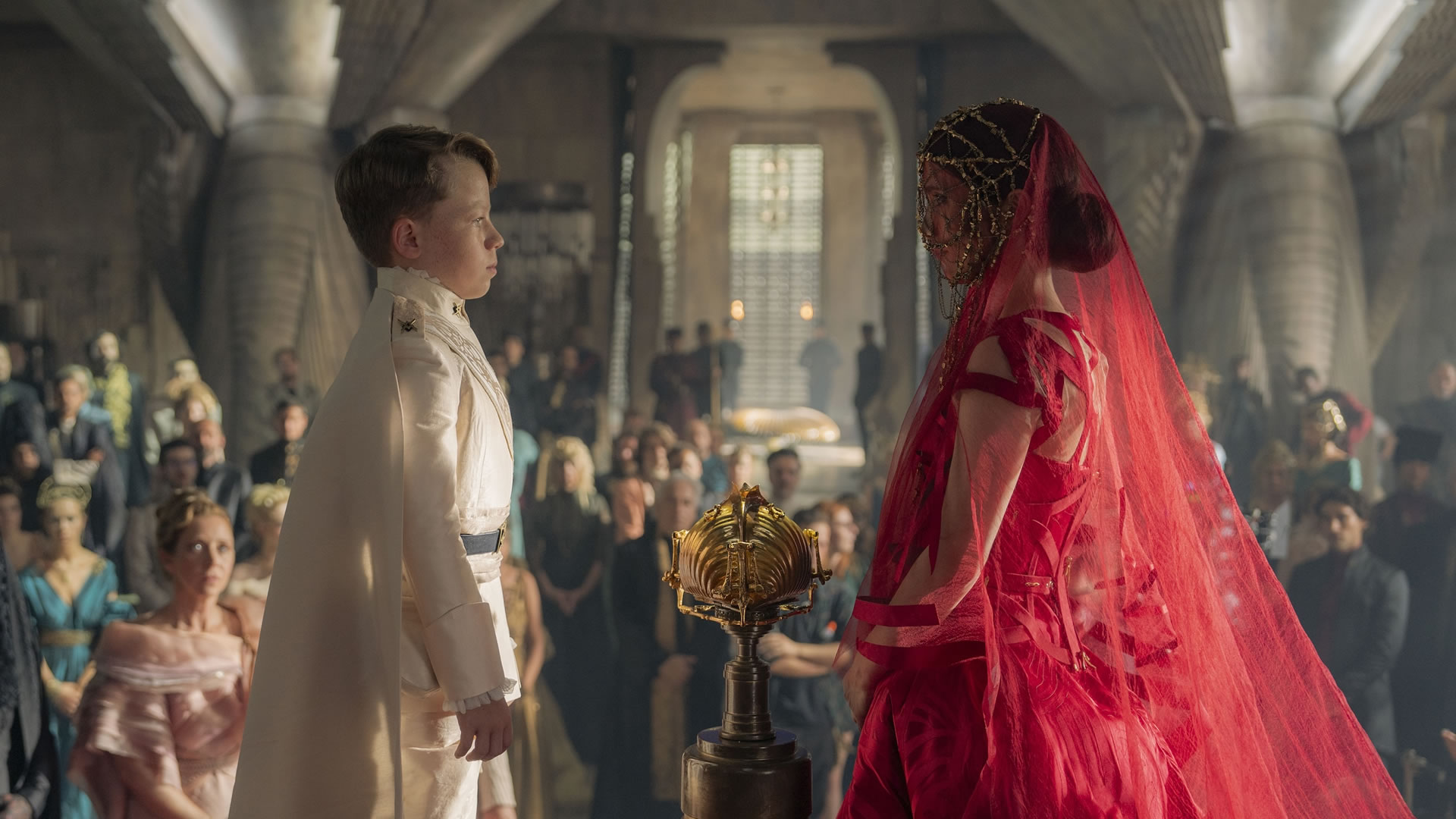
Thanks to Warner Bros. Discovery for providing Dune News Net team members with review screeners for this episode of Dune: Prophecy.


